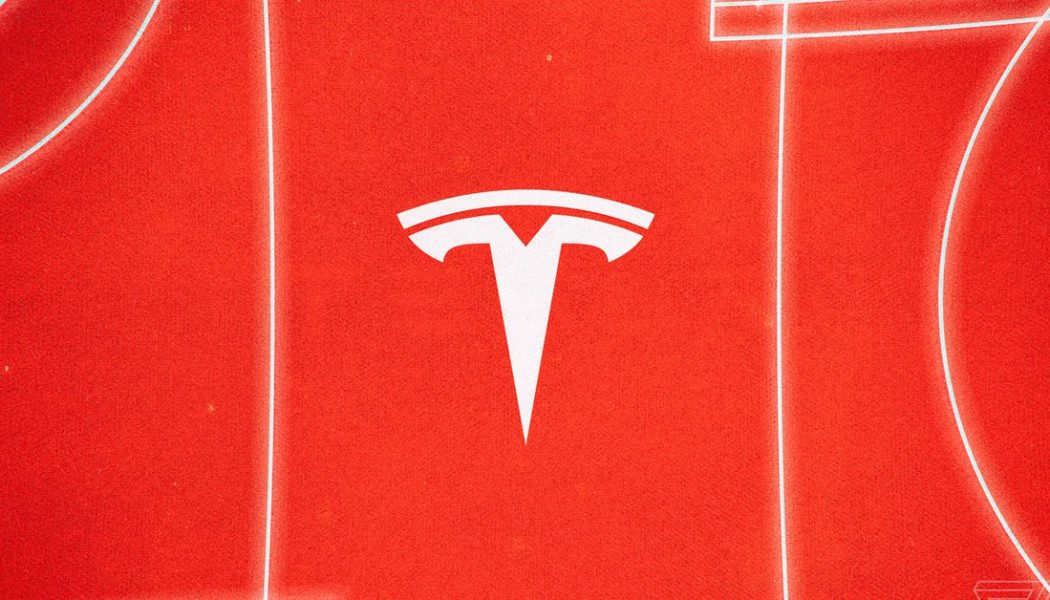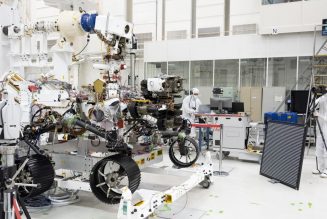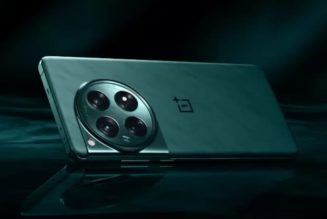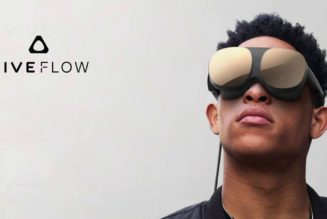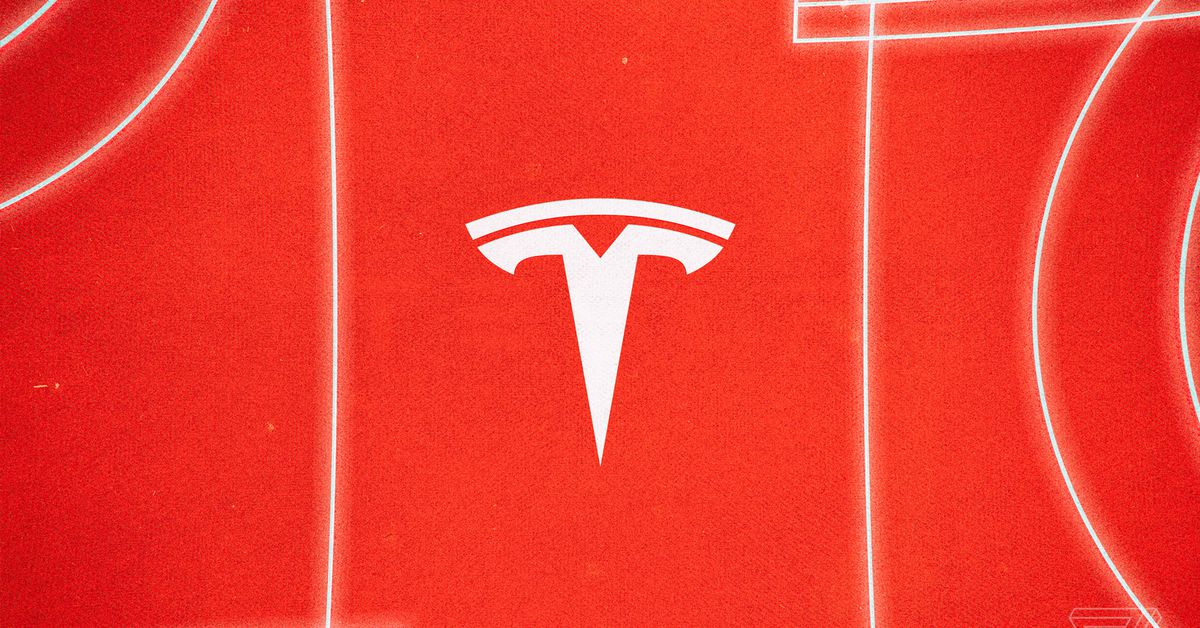
Tesla is recalling 130,000 cars due to an issue causing the CPU in vehicles’ infotainment systems to overheat during fast charging, potentially making the car’s touchscreen malfunction or go completely blank (via The Associated Press). The electric car maker started rolling out an over-the-air update (OTA) on May 3rd to fix the issue on affected vehicles, which include the 2022 Model 3 and Y, as well as the 2021 and 2022 Model X and S.
“During fast-charging or preparation for fast-charging, the infotainment central processing unit (“CPU”) may not cool sufficiently to prevent higher than expected temperatures, which may cause the CPU to slow processing or restart,” the recall notice from the National Highway Traffic Safety Administration (NHTSA) reads. “Slower processing or restarted processing could cause the center screen display to lag or appear blank.” The recall doesn’t explain exactly what caused the problem or how the software update will resolve it, but it appears to have something to do with how the vehicle preconditions the battery for Supercharger use.
As noted by NHTSA, this issue could prevent drivers from using their backup cam, shifting using the touchscreen, as well as from adjusting the speed of their windshield wipers (some Tesla models adjust windshield wiper speeds automatically and only house manual speed controls in the central touchscreen). While it’s not clear how widespread the issue is, NHTSA says Tesla “identified 59 warranty claims and 59 field reports” potentially related to the issue and that the company isn’t aware of any injuries or deaths caused by it.
Tesla started shipping vehicles with AMD Ryzen-based chipsets powering the infotainment system last year, but Tesla doesn’t indicate whether the new processor is part of the problem. Earlier this year, some drivers noticed a slight decrease in driving range in cars outfitted with the Ryzen CPUs when compared to older Teslas that came with the Intel Atom.
Tesla has issued a number of recalls over the years, including one that it couldn’t repair with an OTA update — last December, the company recalled nearly half a million Model 3 and Model S cars for a malfunctioning trunk latch system. More recently, Tesla recalled another 579,000 cars to remove a “Boombox” feature that NHTSA took issue with.
